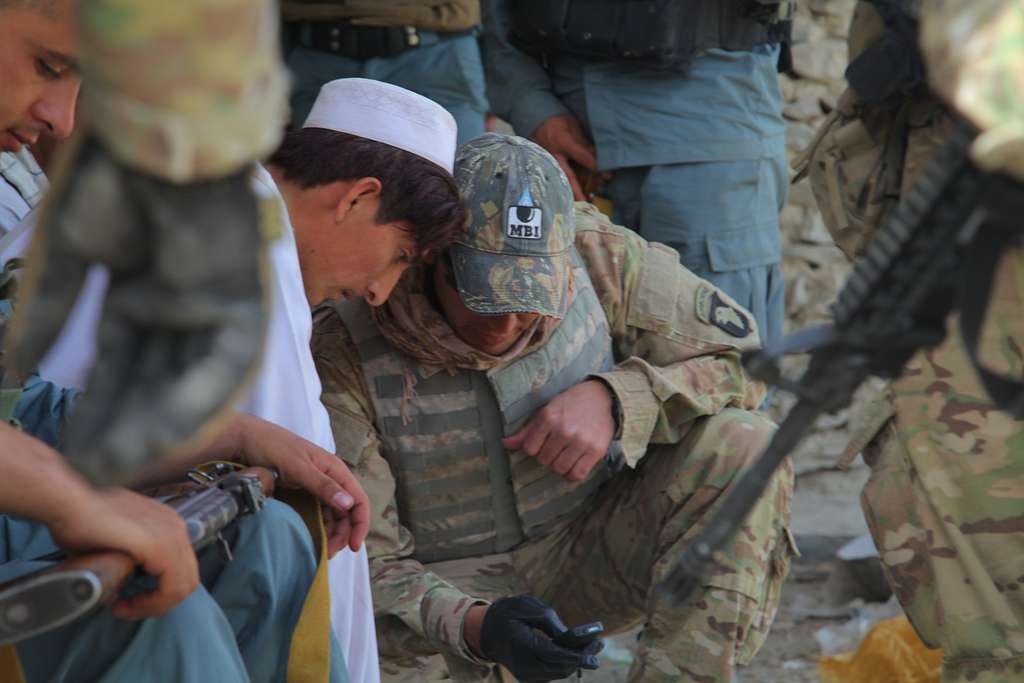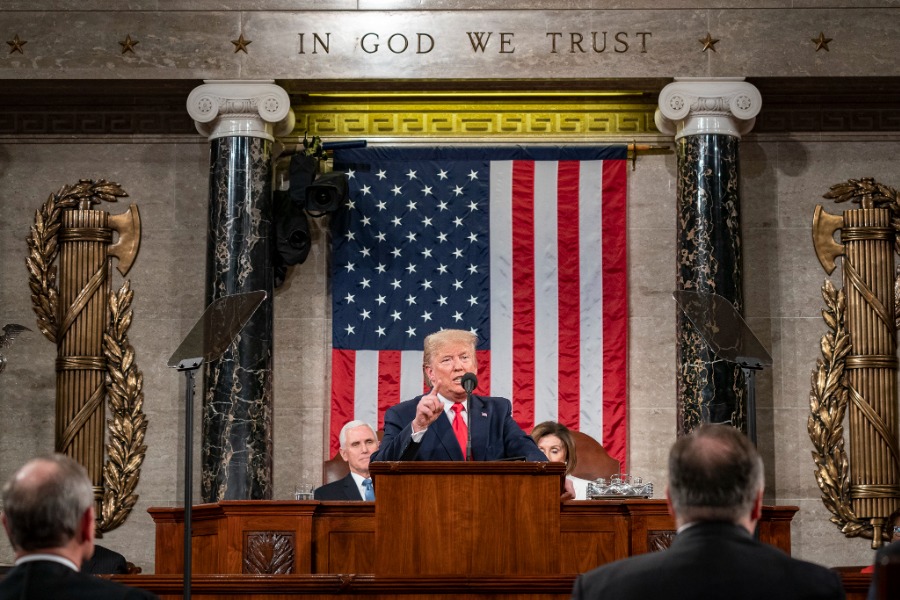The Case for Seeking Congressional Authorization for Iraq Strikes Just Grew Stronger
In his WPR notification yesterday, President Obama stated that military operations in Iraq “will be limited in their scope and duration.” But today, according to the NYT, President Obama “sought to prepare Americans for an extended presence in the skies over Iraq, telling reporters on Saturday that the airstrikes he ordered this week could go on for months as Iraqis try to build a new govern
Published by The Lawfare Institute
in Cooperation With

In his WPR notification yesterday, President Obama stated that military operations in Iraq “will be limited in their scope and duration.” But today, according to the NYT, President Obama “sought to prepare Americans for an extended presence in the skies over Iraq, telling reporters on Saturday that the airstrikes he ordered this week could go on for months as Iraqis try to build a new government.” The President specifically stated: “I don’t think we’re going to solve this problem in weeks. This is going to be a long-term project.” The NYT also paraphrased the President as saying that “the broader effort was intended to help Iraqis meet the threat from the militants over the long term.”
If the President plans to engage in military operations in Iraq for "months" (and almost certainly longer) in an effort to address the militant threat posed over the long term there, then the case for doing so in reliance solely on his inherent Article II self-defense power just grew weaker, legally and especially politically, and the case for seeking authorization from Congress for the military strikes just grew stronger. As I noted yesterday, the case for seeking congressional authorization in this context was made forcefully and persuasively less than a year ago by President Obama himself, when he explained why he was seeking congressional authorization prior to military strikes in Syria. (The Syrian strikes were supposedly going to be “limited in duration and scope,” unlike the longer term strikes now planned for Iraq.) The President said last year that “all of us should be accountable as we move forward, and that can only be accomplished with a vote”; and that “the country will be stronger if we take this course [i.e. congressional authorization], and our actions will be even more effective”; and that “[w]e should have this debate, because the issues are too big for business as usual”; and that “our democracy is stronger when the President and the people’s representatives stand together.” If this was true last year, why not now, with even greater force?
I expect this question will be asked more and more in the coming days.
Jack Goldsmith is the Learned Hand Professor at Harvard Law School, co-founder of Lawfare, and a Non-Resident Senior Fellow at the American Enterprise Institute. Before coming to Harvard, Professor Goldsmith served as Assistant Attorney General, Office of Legal Counsel from 2003-2004, and Special Counsel to the Department of Defense from 2002-2003.





